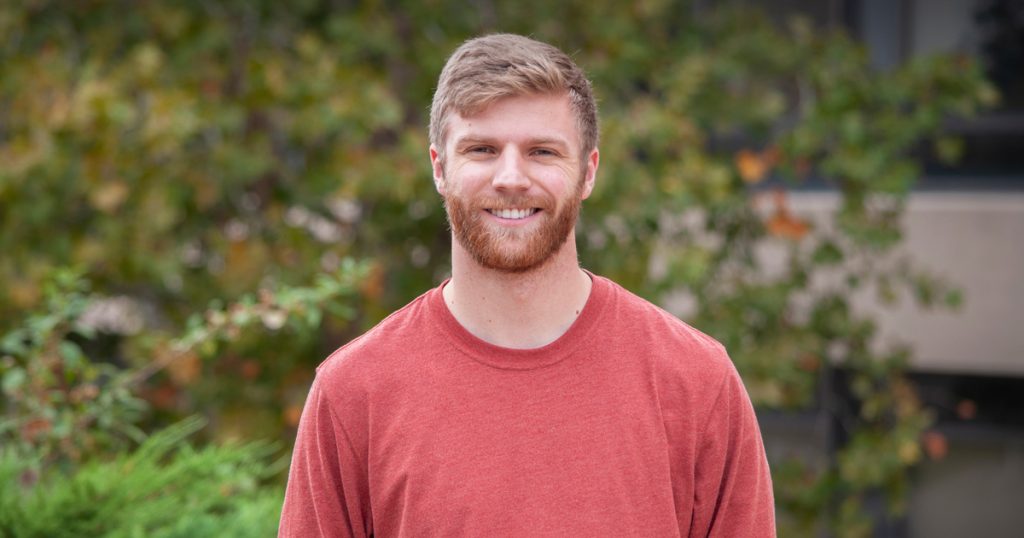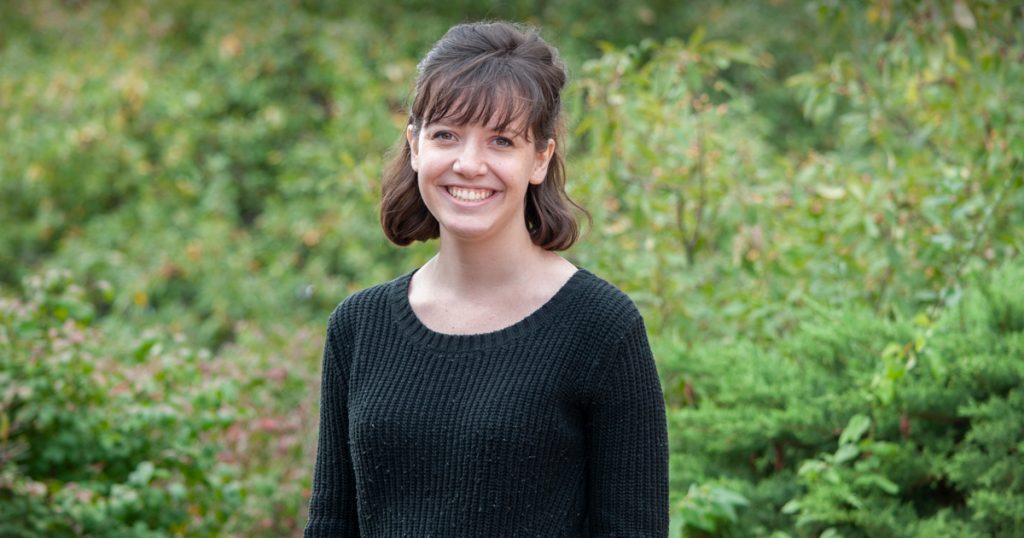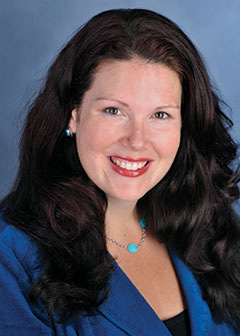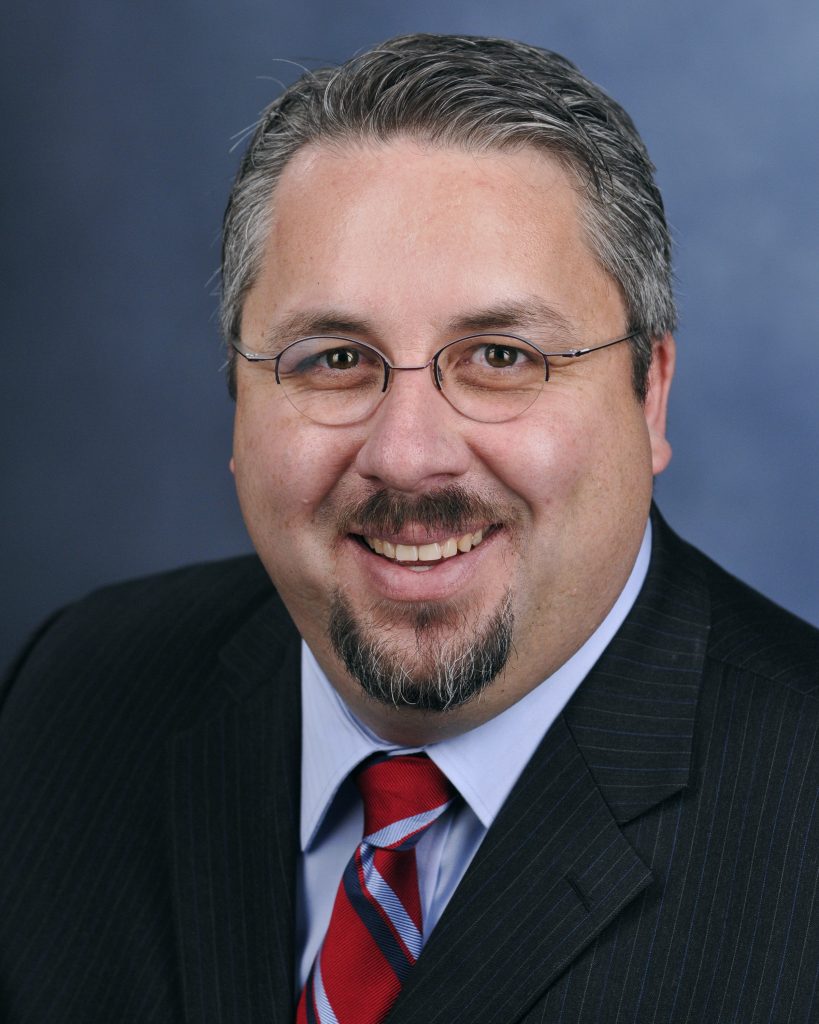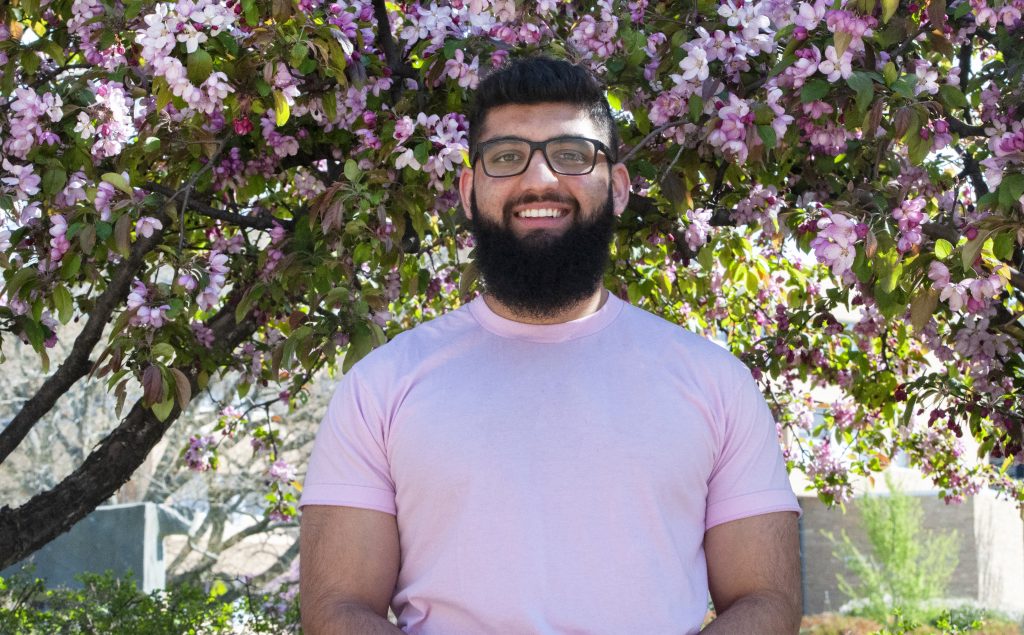
Within the first hours of law school, all 1Ls are taught to embrace the uncertainty in the law. Little did I know, uncertainty would become a constant in my life. It started as merely a part of what I do, and it has become a part of who I am.
My first experience with uncertainty came in my last year of undergrad through KU’s accelerated LEAD program. Specifically, it was in the “Intro to Law” class, where I, a biology major and thoroughly scientific person, struggled with the uncertainty of the law. I came from a black-and-white place where everything had a single, right answer. But here, everything is up for interpretation. Here, every answer starts with “arguably,” “probably,” and of course the crowd favorite; “it depends.” The number of right answers is practically endless. It is limited only by the imagination and case citations. It took me a few months of actual law school to become comfortable with answering these types of questions. Then, towards the end of my 1L year, I think I almost preferred them. I learned to handle the uncertainty, but — to be fair — I had no choice but to learn. Law school yanked me from my comfort zone and forced me to adapt.
My second experience with uncertainty came when it was time for me to pick my own schedule for the 2L fall. Even though I had picked my own schedule all through undergrad, this time felt different. This time, enrollment required more thought and carried more weight. From the lengthy course catalog, I was choosing which skills I wanted to develop, which areas I wanted to specialize in and which professors I wanted to build relationships with. In addition to classes, I had to choose which side opportunities to pursue. Should I do research? Should I work? What about clubs and positions around the school? There was so much I wanted to do. The number of options was endless. It is limited only by my fear of overextending myself. Surprisingly, I found my answer when I embraced the uncertainty in my future. Call it a leap of faith, but I ultimately committed to focusing on one path — litigation — and ran with it. Today, that is probably the best decision I have ever made. Again, law school yanked me out of my comfort zone and forced me to adapt.
My third experience with uncertainty is something I am currently going through. However, uncertainty is no longer a source of stress. It is a source of hope and endless possibility. Being almost two-thirds of the way through law school, I can’t help but thinking about what all I could do in the future. I could move anywhere I want. I could practice in any number of fields. I could even start my own firm. The possibilities are endless. They are limited only by my imagination and courage.
One thing is for certain, although I initially dreaded dealing with uncertainty, law school made me love it. I no longer fear uncertainty. I embrace it. After all, uncertainty is arguably another form of freedom. It all depends on your interpretation.
— Omar Husain is a 2L from Lenexa and a KU Law Student Ambassador.

